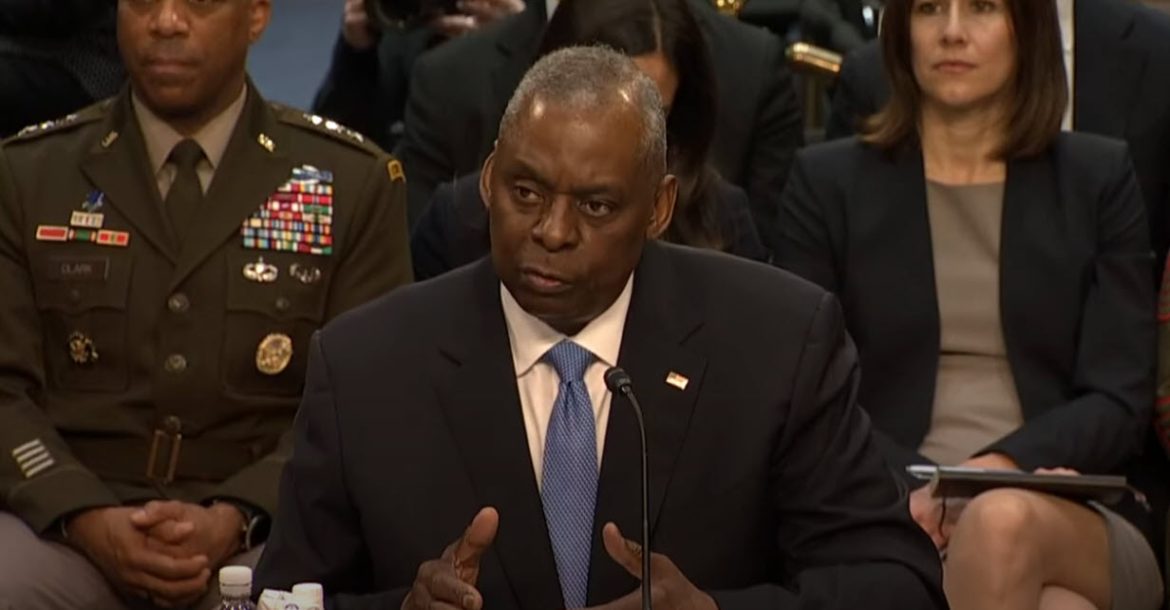Defense Secretary Lloyd Austin’s statement comes amid ongoing debates and international scrutiny regarding the situation in Gaza. The conflict between Israel and Hamas, the militant group governing Gaza, has escalated in recent months, leading to widespread concern about civilian casualties and the humanitarian crisis in the region.
Austin’s remarks during the Senate Armed Services Committee hearing shed light on the complexities of the conflict. While acknowledging the U.S. government’s push for Israel to prioritize civilian protection, Austin emphasized the need for a nuanced approach to understanding the dynamics at play.
The issue of genocide allegations in Gaza is particularly sensitive, with various parties holding differing perspectives. Proponents of the genocide accusation argue that Israel’s military actions, including airstrikes and ground operations, have disproportionately targeted civilians and civilian infrastructure, leading to widespread suffering and loss of life.
On the other hand, Israeli authorities have consistently defended their actions as necessary measures to defend against Hamas rocket attacks and to dismantle the group’s military capabilities. They argue that Hamas operates within civilian areas, using them as shields and complicating efforts to minimize civilian casualties.
The debate over terminology, such as whether the situation constitutes genocide or war crimes, reflects the broader challenges in addressing and resolving the conflict. International organizations, including the United Nations and human rights groups, continue to monitor the situation closely and call for accountability for violations of international law.
As Defense Secretary Austin’s remarks underscore, finding a sustainable and peaceful resolution to the Israeli-Palestinian conflict remains a complex and multifaceted endeavor, requiring diplomatic efforts, humanitarian aid, and a commitment to upholding human rights and international law.



